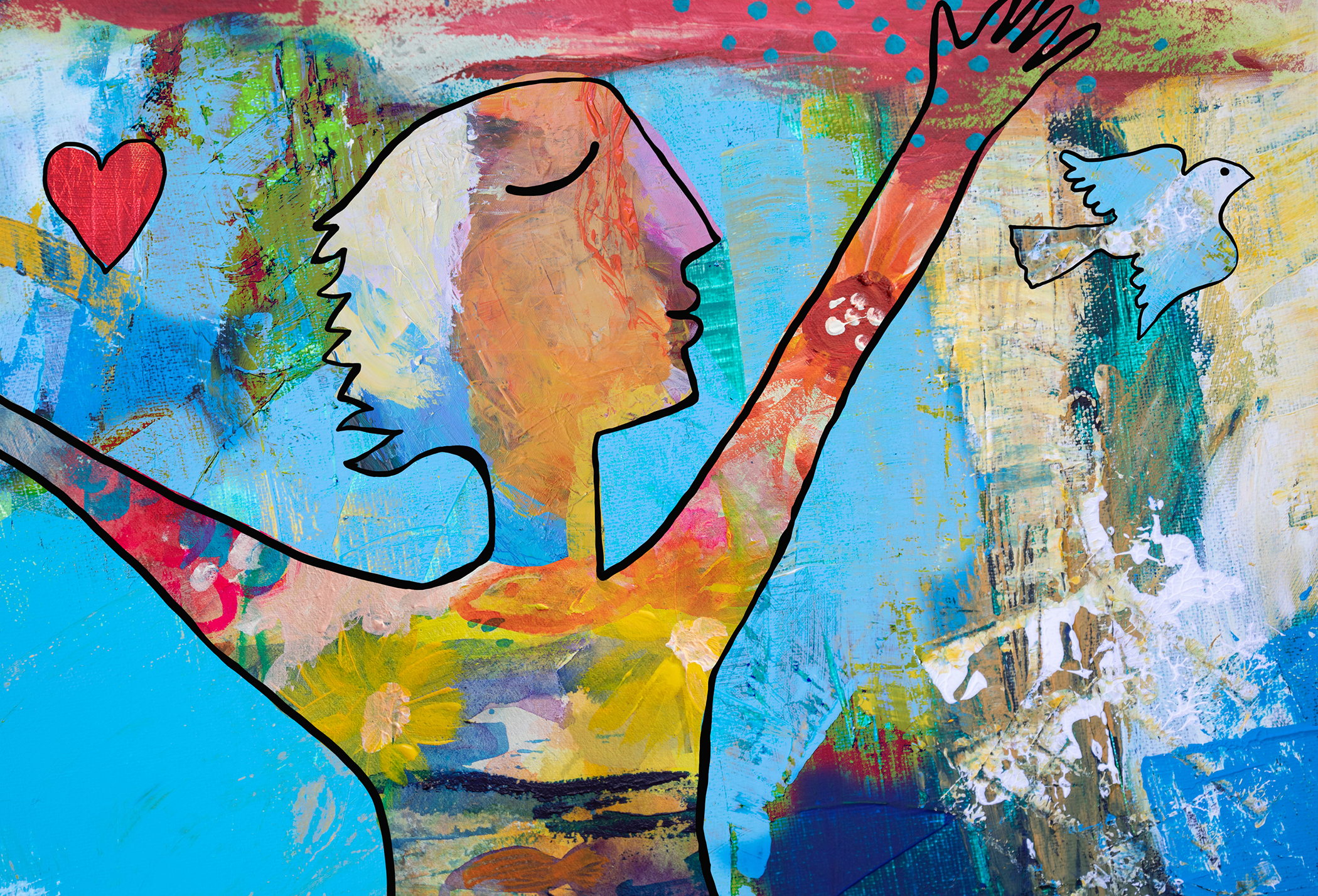Discover the Science Behind True Well-Being
By Jamie Bussin
“Clap along if you know what happiness is to you” Pharrell Williams
Do you know if you’re really happy? While happiness is both an objective and subjective concept, until very recently it was understood that it could only be measured subjectively, because only the person who is being studied could know whether they are happy or not. There’s no other way of finding out who is happy and who is unhappy, except if you ask the person.
But are people who think that they’re happy actually correct? If you ask someone how they feel, whether they are satisfied with their life is it a useful metric? If you were asked to rate your happiness on a scale of 0 to 10 and you came up with the answer 5 and so did I, would that mean we are both equally happy? No.
I discussed this conundrum with happiness expert Dr. Alphonsus Obayuwana MD on Episode #321 of The Tonic Talk Show/Podcast. This is a digest of that conversation.
He measures the happiness of someone by plugging in his or her aspirations, hopes, hungers and assets, coming up with a measure of happiness called the Personal Happiness Index. At its core, happiness occurs when an individual has more hope than hunger. And if someone is hungrier than they are hopeful, they are unhappy.
Dr. Obayuwana came to this realisation by chance. “When I was a third-year medical student, I was taking care of two patients who had attempted suicide. When I talked with them, I was surprised that people can think that tomorrow is just going to be like today and today is just like yesterday. There’s nothing different, there’s nothing going to happen. It’s going to be just as uncomfortable. So what’s the need of being here? That’s the way they thought.”
His idea was that if hope could be measured, then identifying those with little hope would allow them to be attended to before those feelings led to suicide.
According to Dr. Obayuwana there are 5 human assets that we have either potentially or in actuality:
- intrinsic assets
- human family assets
- economic assets
- educational assets and
- spiritual assets
There are 5 inborn human hungers, aka compelling desires, as well:
- hunger for induction, inclusion and acknowledgement
- hunger for intimacy and trusted companionship
- hunger for food and comfort
- hunger for information and answers and
- hunger for certainty and continuity
Dr. Obayuwana believes that we are all born unhappy. “If you’ve ever been to a delivery room, there is no baby that is born that comes out and thanks everybody for delivering him or her. We are crying, we are kicking, we are screaming. And what stops the crying and the screaming? When we are wiped dry, wrapped in warm clothing, cuddled and given milk. Food and comfort.”
And these hungers follow us all through life. As babies grow into children they ask questions for inclusion and acknowledgement. “Am I going to be a big man like you? …Daddy, look at what I did. …I did it all by myself. …Oh, mommy, they won’t let me join, they won’t play with me.” Inclusion and acknowledgement are very important.
Overall, happiness is a consequence of our thoughts, actions, reactions, perceptions, judgment, and conclusions—all in the context of the prevailing internal and external factors of everyday life.
To nurture happiness, Obayuwana, who professes to be quite happy himself, recommends following a five-step personal daily routine.
- Do something—no matter how small—to advance your life mission or calling.
- Do something, anything—no matter how small—to put a smile on somebody’s face.
- Do something—no matter how small—to acquire some new knowledge, skill, or capability, each day.
- Do something—no matter how small—to acknowledge your many blessings and demonstrate good stewardship over what you have.
- Do something—no matter how small—to nurture your spirituality.




